For immediate release
Victoria, B.C. (March 5, 2022) – Against scientific advice, the gillnet herring roe fishery opened this morning in the Strait of Georgia at 8:30 am PST even with widespread calls for a moratorium. A Total Allowable Catch (TAC) of 6788 tons has been set for the gillnet gear type in the Strait of Georgia, despite dwindling populations and ecosystem impacts. 833 tons were allocated to seine vessels for their opening on March 3rd.
This year, DFO reduced the herring total allowable catch by 50 percent. Typically, a 20 percent harvest rate is applied to the assessed biomass. In the 2022 Integrated Fisheries Management Plan (IFMP), this harvest rate was reduced to 10 percent of total available biomass. While this measure is a step in the right direction, Pacific Wild argues that a moratorium is still necessary to allow herring stocks to recover to healthy and sustainable levels.
Advocates for a complete moratorium also point out that while DFO is allowing the commercial roe fishery this year, they did not issue any commercial Spawn-on-Kelp (SOK) licenses for the 2022 season. The SOK fishery is a traditional First Nations method of fishing. It involves harvesting herring eggs which stick to kelp blades after the herring spawn and is a no-kill method, unlike other commercial methods, that harvest the whole fish for their targeted roe.
“SOK fisheries are a sustainable method of harvesting herring roe and should not be cancelled while gillnetters and seiners continue to profit,” said Emmie Page, Marine Campaigner for Pacific Wild, “We must take responsibility for the state of Pacific herring. We must uphold our promises to First Nations, advocate for our ecosystems, and support the continued sustainable livelihoods of fishermen.”
Four out of five Pacific herring fishing grounds have collapsed in recent years and the Strait of Georgia holds the last remaining commercial herring fishery. Herring had been abundant on the B.C. coast for thousands of years prior to the introduction of industrial fishing. Stocks have drastically declined over the last 100 years, and after decades of extremely high commercial catches herring populations crashed coastwide. Now, herring no longer spawn in many of their former spawning sites along the coast and major herring populations in B.C. have declined to historic levels.
Pacific herring are a foundational species that play a key role in the coastal ecosystem and are imperative for First Nations nutrition and culture along the coast. The Strait of Georgia is the last remaining industrial seine and gillnet fishery to open on the British Columbia Pacific Coast. The West Coast of Vancouver Island, Prince Rupert, Central Coast, and Haida Gwaii regions remain closed for continued recovery.
For more information, please contact:
Emmie Page
Marine Campaigner, Pacific Wild
marine@pacificwild.org
(778) 584-3505
About Pacific Wild
Pacific Wild is a wilderness and wildlife protection non-profit organization in British Columbia. The purpose of our Protect Pacific Herring campaign is to increase awareness on the importance they play in British Columbia’s coastal ecosystems. Pacific Wild advocates for increased research and proper management for the unsustainable herring fishery in the Strait of Georgia.

